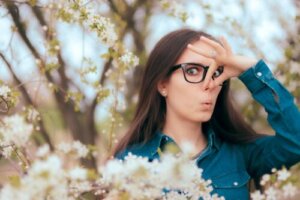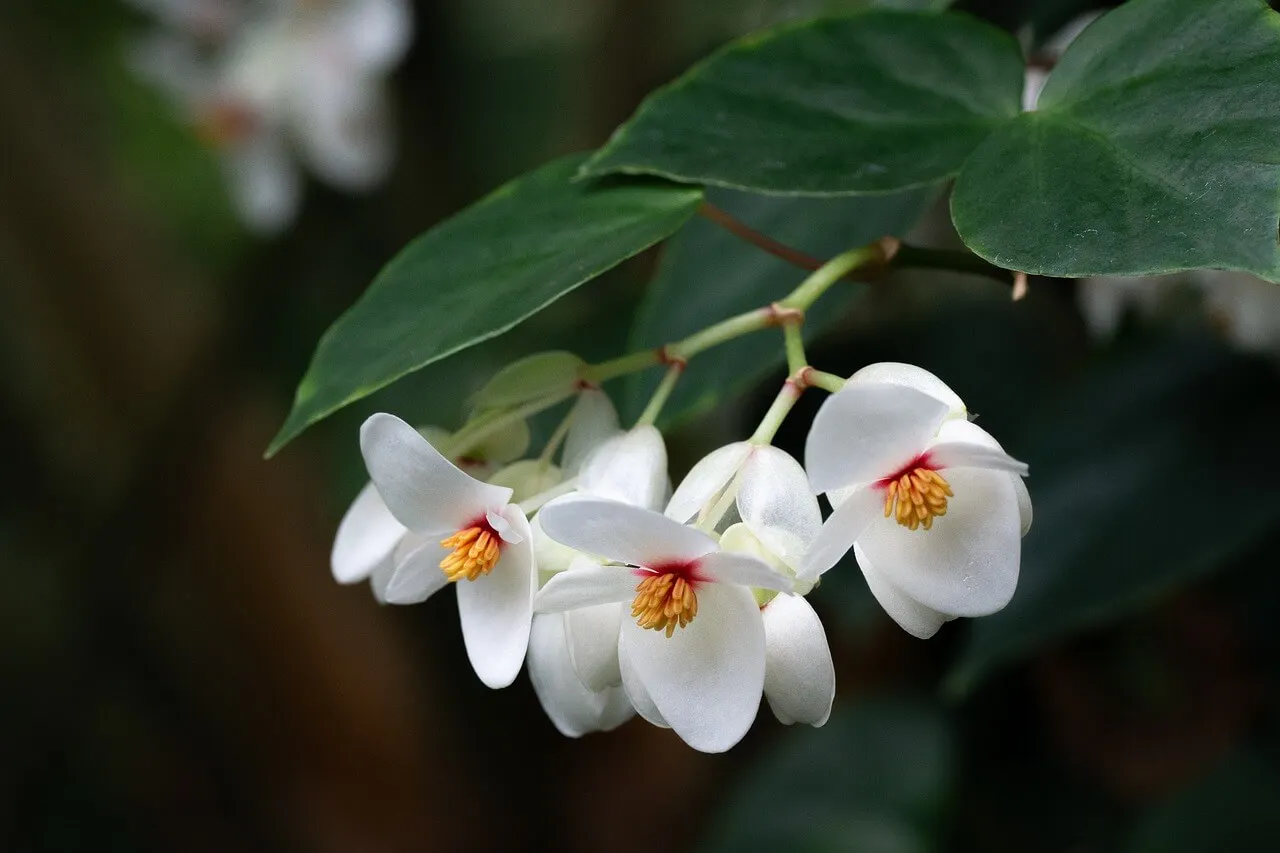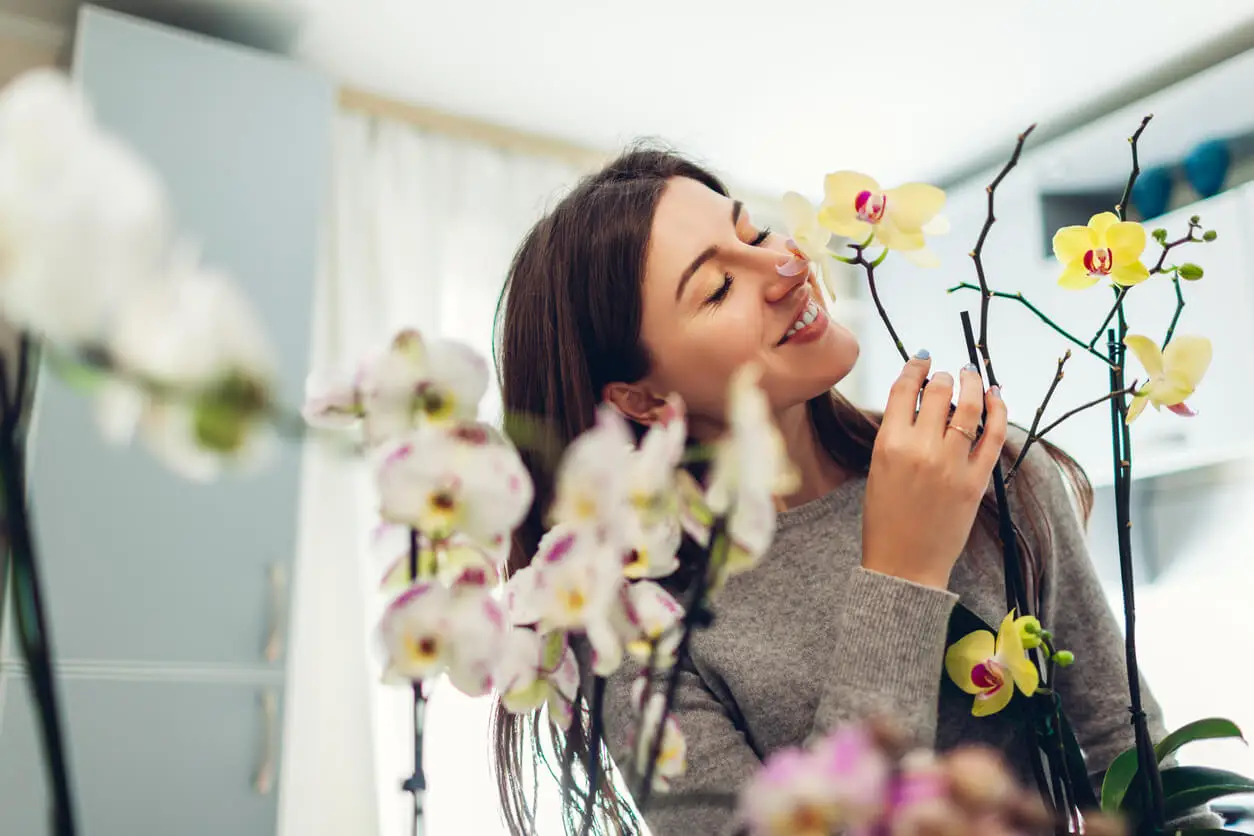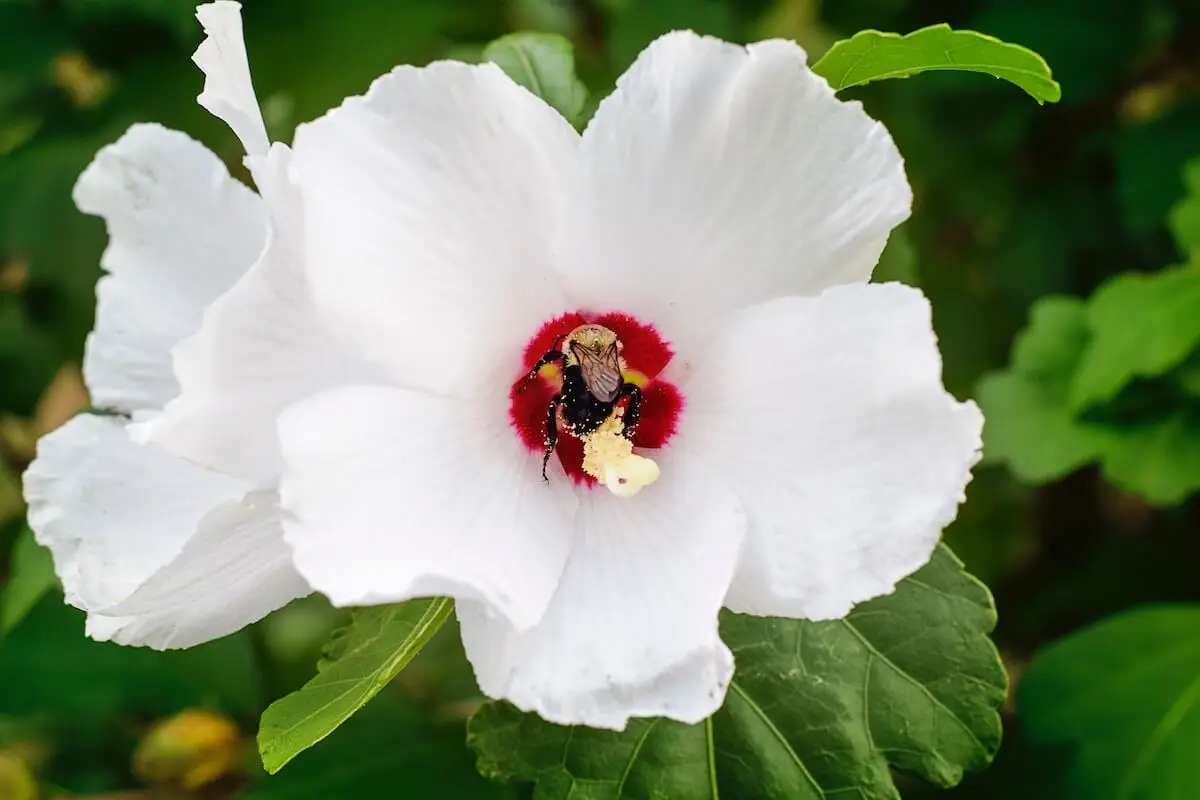Allergy to Pollen? Try These Hypoallergenic Flowers

Congestion, sneezing, and unbearably itchy eyes are some symptoms of pollen allergy sufferers. Those who experience this and love flowers wonder if their beautiful petals will cause hay fever. Fortunately, there are many hypoallergenic flowers.
Here’s a list of the plants that you can keep at home without a problem.
Hypoallergenic flowers
Geraniums
Yes, these brightly colored, attractive flowers are known to produce very little pollen, so they aren’t a problem for allergy sufferers. However, you need to bear in mind that, according to The NC State Extension Gardener Plant Toolbox, geraniums can cause mild skin irritation when their leaves are touched, and the discomfort lasts only a few minutes.
Geraniums are a good choice for planting in a garden. They like partial sun and have a variety of colors, such as white, pink, red, and purple.
Find out more here: 5 Curative Remedies for Allergic Rhinitis
2. Begonias
Begonias like the shade, and, if you plant them in your garden, you’ll get flowers with beautiful petals. There are many varieties. You can find them in red, orange, white, yellow, pink and even bicolor. There are also many varieties of species and hybrids.
If you’re allergic to pollen, there’s no need to worry. This flower sheds very little.

3. Cactus
Have you had a chance to see a cactus in bloom? There are many varieties and all are very striking.
The good news is that it doesn’t depend on the wind to disperse the pollen. This job falls to insects and birds, which is why it’s considered a hypoallergenic plant.
Many prefer the cactus because it’s a hardy plant that doesn’t require constant watering to stay healthy.
4. Azalea
This is a shrub that blooms in spring and insects are responsible for pollination, so it’s a flower that can happily stay in your garden if you’re sensitive to pollen.
However, you should keep in mind that this plant can be toxic; see this report for more details. Just to be cautious, it’s best not to smell the flower too close.
5. Clematis
This is a favorite of many people for their beautiful and varied colors. You have a choice of purple, red, white, and yellow, among others.
Most importantly, most of these are allergy-friendly, and can be considered hypoallergenic flowers.
They grow in fertile soil, and like the sun or partial shade, so if you’d like to have a very colorful garden, they’re a good choice.
6. Orchid
This plant doesn’t usually cause reactions. However, if you are allergic, you may want to avoid having it indoors.
Most orchid varieties prefer indirect light. You’ll need to find a good location if you want to grow them.

7. Petunias
Fortunately, petunia flower pollen isn’t considered allergenic. Besides captivating with its bright colors, it gives off a distinctive scent.
They like the sun and grow in moist soil. You have different color varieties to choose from, including pink, purple, red, orange, and green.
8. Roses
If you’re allergic, it’s best to avoid wild roses.
However, the good news is that most roses don’t aggravate allergies, especially if they have dense petals, as these are the species that release less pollen. Roses have a wide variety of colors and love the sun.
9. Camellia
Someone who is unfamiliar with flowers might mistake them for a species of rose. Apart from their resemblance, they also have another point in their favor: they’re hypoallergenic flowers. If you plant them in the garden, try to put them in a place where there’s partial shade.
10. Hibiscus
This flower’s pollen isn’t usually airborne because it’s very dense, which makes it an ideal plant for allergy sufferers. However, it’s recommended not to drink the tea if you’re allergic, because it may contain traces of the substance.
They like a lot of sun, although they can also grow in partial shade. Besides, they have lively colors that give life to your garden.

11. Hydrangea
Most hydrangea species don’t cause allergies, although some people report irritation with pee gee and oak leaf species. It may be best to avoid those two.
It usually displays its blooms in summer and its colors are captivating, so you may love growing it. Just keep in mind that they grow in rich soil, and they like sun or partial shade.
Discover more here: The Best Trees and Shrubs for Privacy in the Garden
Beware of wind-pollinated flowers
Most flowers that cause sensitivity are those that are wind-pollinated, such as aster, dahlia, daisies, chamomile, sunflowers, and chrysanthemums. On the other hand, some flowers are hypoallergenic, but, because of their strong scent, it’s best to plant them outside the house. These include gardenia, hyacinth, and jasmine.
All cited sources were thoroughly reviewed by our team to ensure their quality, reliability, currency, and validity. The bibliography of this article was considered reliable and of academic or scientific accuracy.
- The NC State Extension Gardener Plant Toolbox. Pelargonium. Available from: https://plants.ces.ncsu.edu/plants/pelargonium/
- Klein-Schwartz, W., & Litovitz, T. (1985). Azalea toxicity: an overrated problem?. Journal of toxicology. Clinical toxicology, 23(2-3), 91–101. https://doi.org/10.3109/15563658508990620
This text is provided for informational purposes only and does not replace consultation with a professional. If in doubt, consult your specialist.








